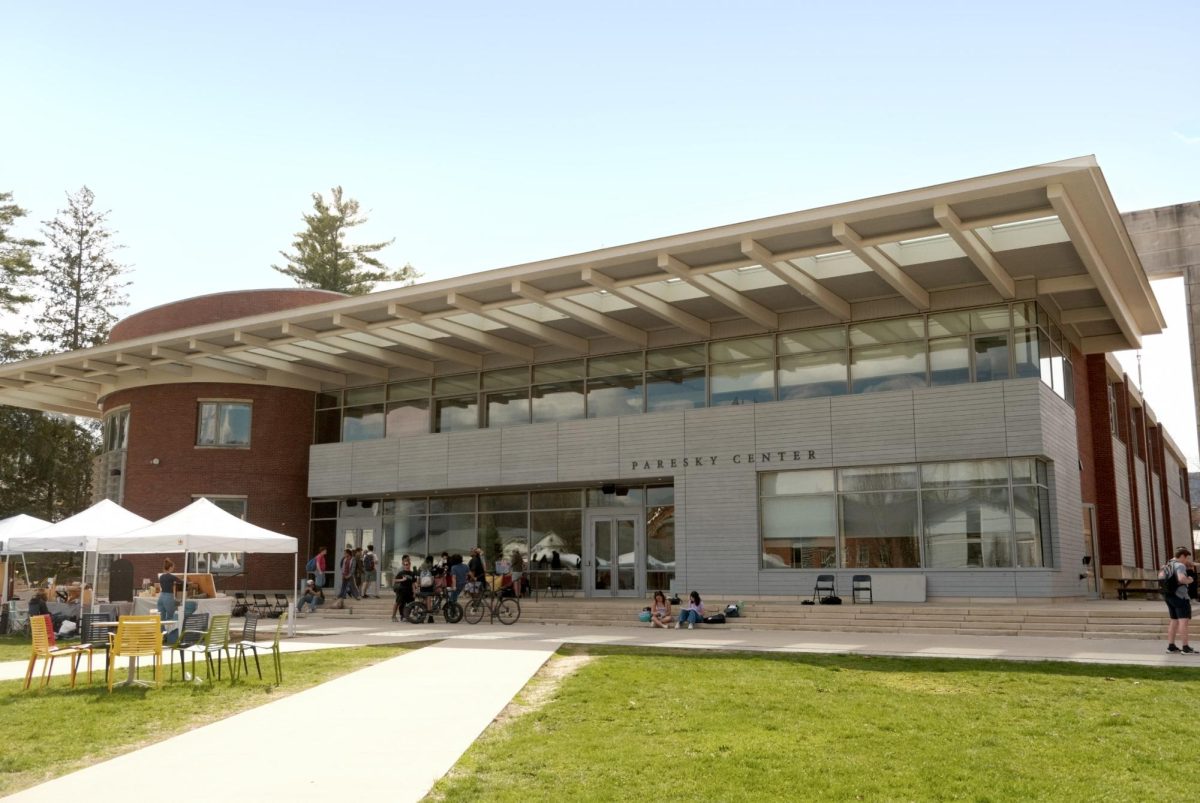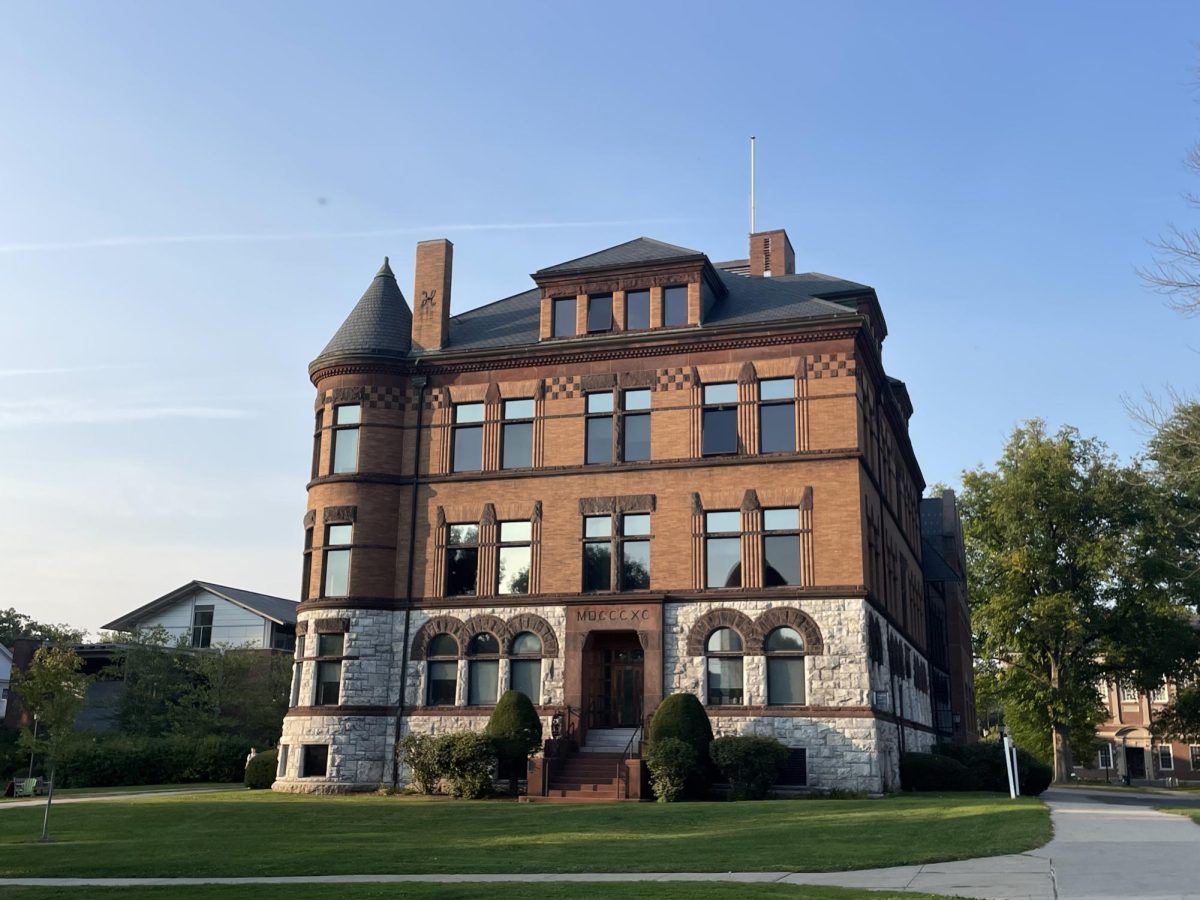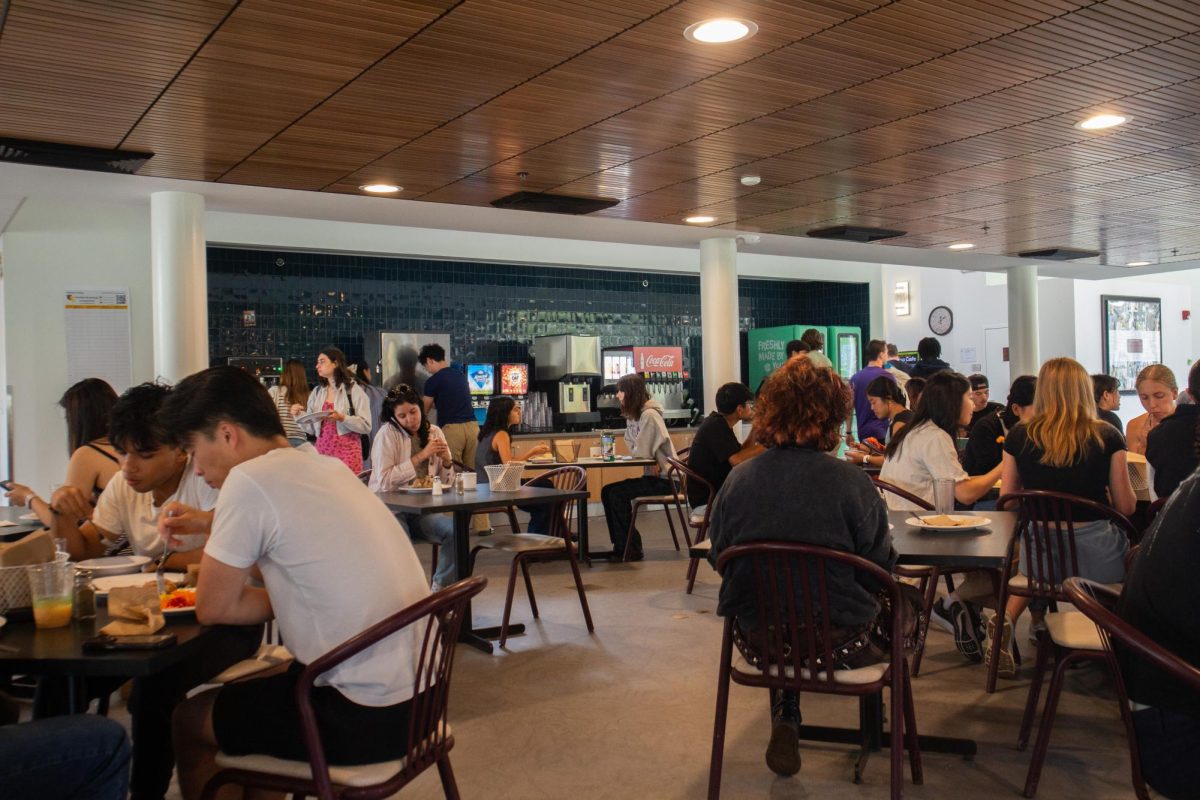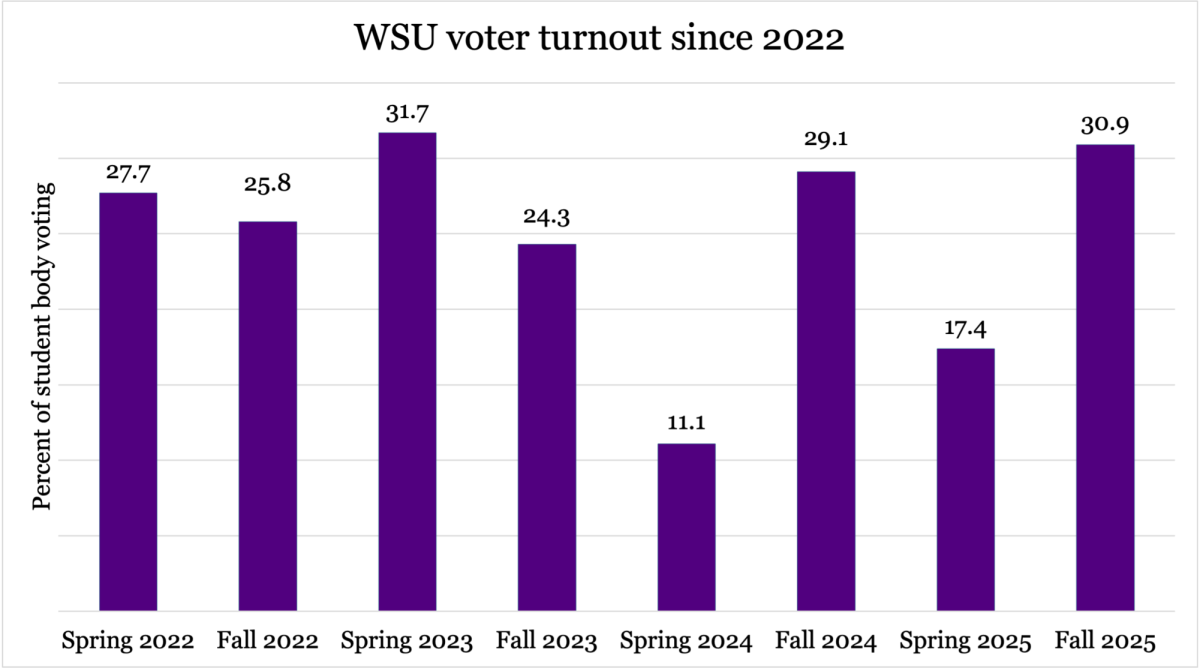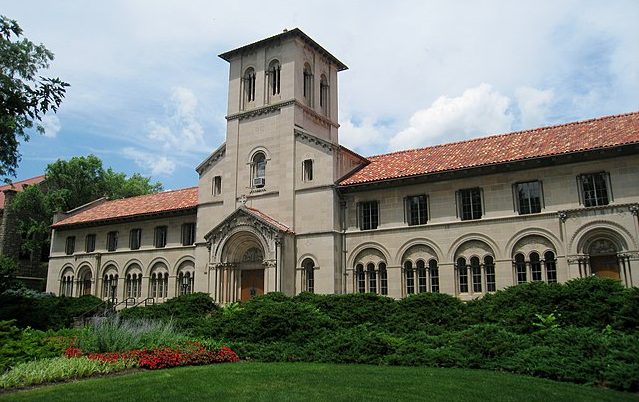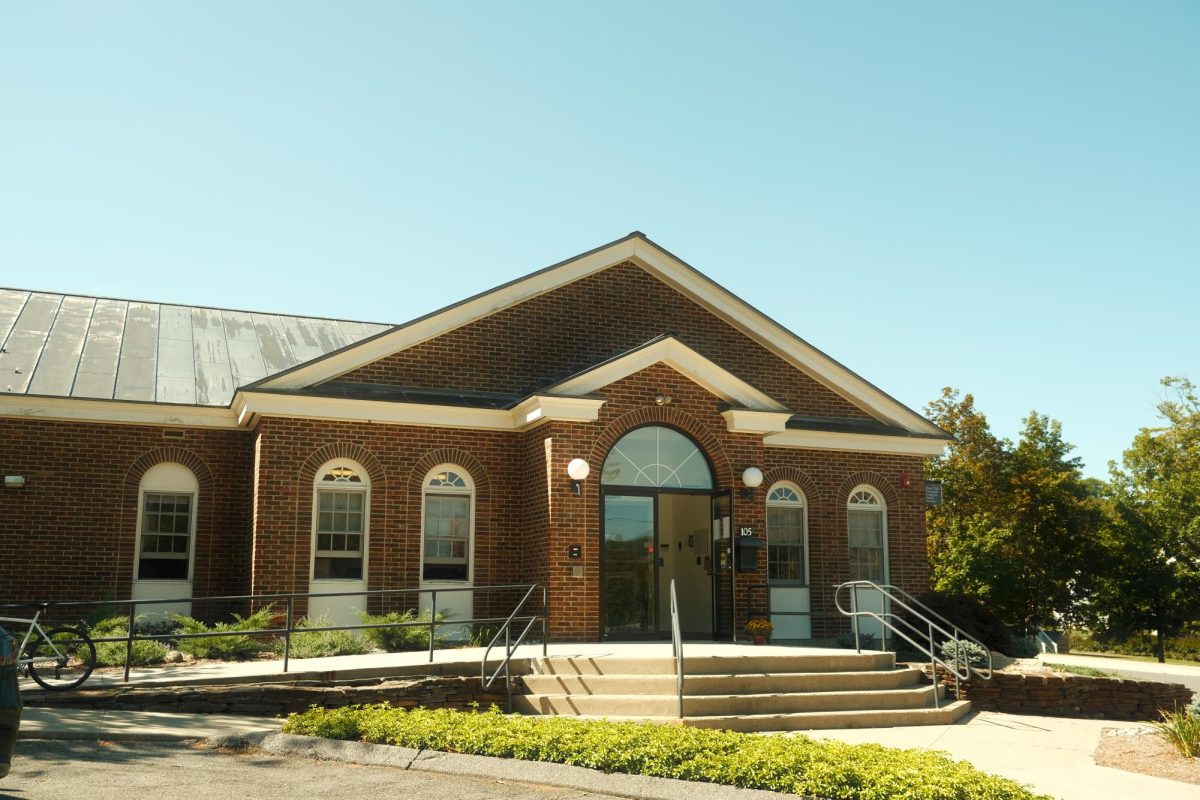In the aftermath of College Council’s (CC) April 23 vote to reject Williams Initiative for Israel (WIFI) as a registered student organization (RSO), a decision that came under scrutiny from both President Maud Mandel and national media, members of the club are committed to continuing to operate as a student group.
Molly Berenbaum ’21, founder and interim president of WIFI, said the club has worked with faculty advisor Rabbi Seth Wax, Mandel and other faculty and administrators to discuss how WIFI could exist, operate and gain funding on campus without being an RSO. WIFI’s mission and purpose, according to its constitution, “is to support Israel and the pro-Israel campus community, as well as to educate the College on issues concerning Israel and the Middle East.”
“We’re really looking to the future and seeing how we can make the most of this opportunity,” Berenbaum said.
“We hope to advocate for ourselves, to try to see if we could get some sort of recognition, either from students or from the administration – the right to gather, the right to be at the Purple Key Fair, things of that nature,” said Gavin Small ’22, a WIFI co-founder.
WIFI is planning programming for Jewish and Israeli events and holidays, including a celebration of Yom HaZikaron and Yom HaAtzmaut, Israeli Memorial Day and Independence Day, respectively, tonight from 6:30–9 p.m. in Griffin 6. The club also hung an Israeli flag in Baxter. While it had previously been removed, the Israeli flag, as of press time, hangs between a pride flag and a Palestinian flag.
The flag was hung early Thursday morning, “between the two existing flags as an act of solidarity,” Berenbaum said. The flag was flipped multiple times, and ultimately left on the floor with a note.
“This is unacceptable behavior from students or community members, and is a clear act of discrimination when other flags have justly been permitted to hang, as is their right,” Berenbaum said.
On Friday, Mandel voiced support for WIFI and disappointment with CC’s decision in a statement posted on the office of the president’s website. She wrote that WIFI, like any other non-recognized organization, “can still access most services available to student groups, including use of college spaces for meetings and events,” adding that “the communication of this fact to WIFI as a basic matter of fairness and people’s right to express diverse views” and that “differences over such views are legitimate grounds for debate, but not for exercising the power to approve or reject a student group.
“The transcript of the debate and vote indicate that the decision was made on political grounds,” Mandel wrote. “In doing so, Council departed from its own process for reviewing student groups, which at no point identifies a proposed group’s politics as a criterion for review. The decision also seems to be in tension with CC bylaws, especially Article V, Section 3: ‘Prohibition Against Discrimination in Student Organizations.’”
CC Co-Presidents Olivia Tse ’19.5 and Ellie Sherman ’20 did not respond to an inquiry as to why CC voted to reject WIFI.
The decision and Mandel’s response have garnered media attention from outlets such as Breitbart, The College Fix, The Forward, The Jewish Journal, COMMENTARY and Algemeiner.
Mandel’s statement, while published online, was not emailed to the student body. “We posted it on my website because college leaders had received numerous questions about the CC vote form alumni and the media, and we thought it might be helpful if I made our response generally available,” she told the Record. “But I try to keep all-campus emails to a minimum since if we chose to send a campuswide email every time there was a new development on an issue people care about, we’d be sending multiple messages a day.” Each of the previous six letters from the president listed on the website had been sent as campuswide emails.
Vice President for Campus Life Steve Klass elaborated on Mandel’s concerns. “My primary concern in this situation is with the decision-making process, not the mission of any particular student group,” Klass told the Record. “… I believe that WIFI followed the basic rules and were denied RSO status regardless; CC did not follow its own written by-laws.”
Steven J. Miller, professor of mathematics, has been a “sounding board” for WIFI, describing himself an interested party due to his Jewish background and commitment to freedom of speech.
“This is a larger problem of shutting down discourse that you disagree with,” Miller said. “…We are limiting speech and when you limit speech, you limit the ability to grow and to learn.”
Still, some students have expressed disappointment with Mandel’s response and articulated support for the students who advocated against WIFI. The Coalition Against Racist Education Now (CARE Now) posted on the group’s Instagram page that “CARE Now stands in solidarity with Palestinian students in opposition to the Williams Initiative for Israel.” Additionally, in an op-ed published in this week’s Record, Joseph Moore ’20, Mohazzab Abdullah ’21 and Kai Soto-Dessen ’22 criticized Mandel for not having consulted opponents of WIFI prior to publishing the statement, arguing that the president’s words were “used to slander us in the national media and jeopardize our physical safety.”
Berenbaum said, in clarification, that WIFI hopes to positively contribute to campus discussions through its events.
“I think it’s easy for people to fall into this framework where they view it as Palestinians against Israelis or WIFI against SJP, etc.,” Berenbaum said. “And that’s very much not the framework that I’d like to be coming into this from. I think that we’re really hoping to widen the conversation, rather than for example, make it more divisive.”



